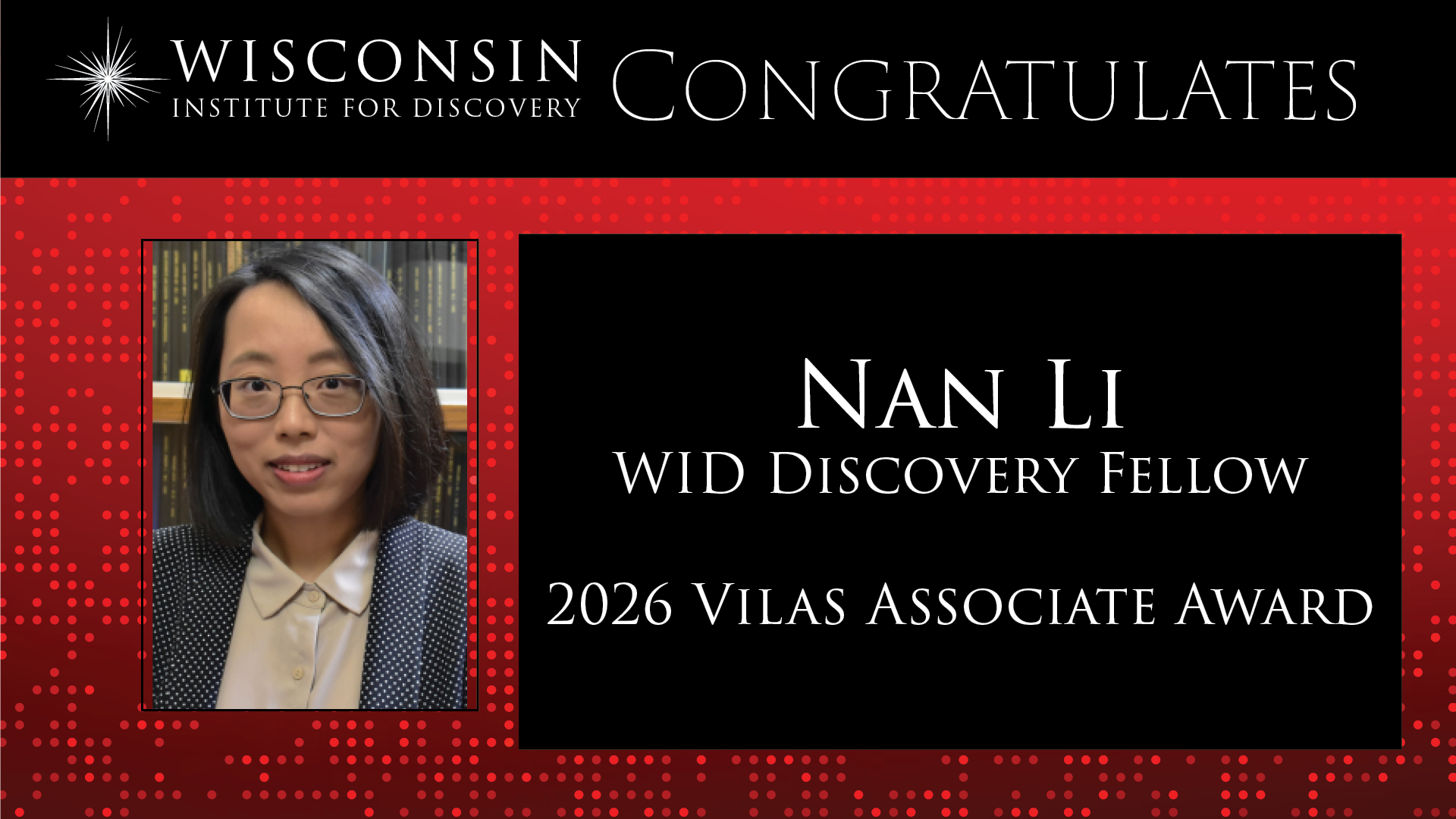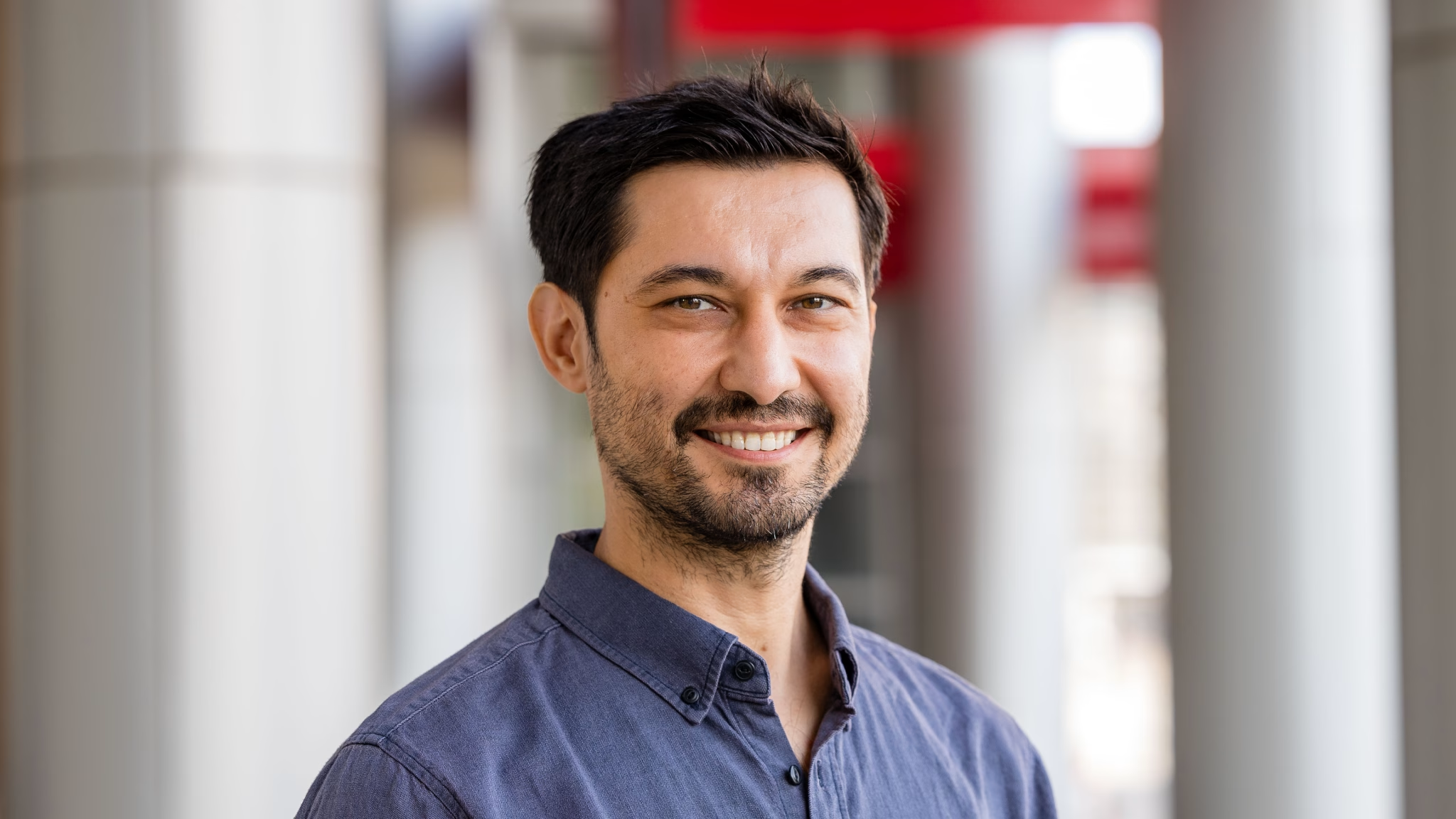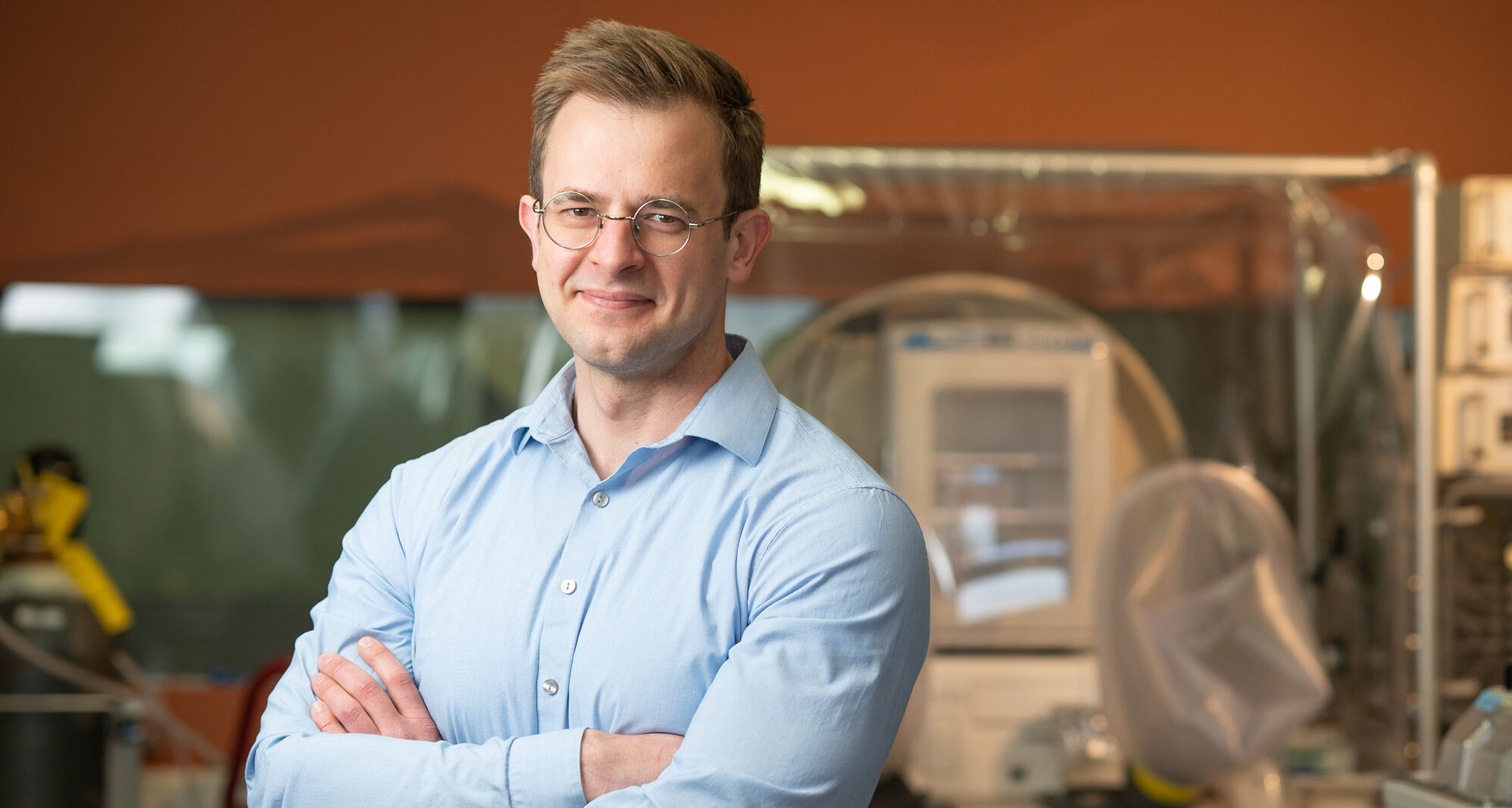WID Welcomes New Kohler Fellows: Exploring Art, Science, and Interdisciplinary Expression
The Wisconsin Institute for Discovery (WID) is thrilled to announce the newest cohort of the Marie Christine Kohler Fellows, a prestigious program that cultivates interdisciplinary collaboration at the threshold of science and the humanities.
Each year, the Kohler Fellows program brings together exceptional graduate students from diverse fields of study to engage in innovative research, public engagement, and creative projects. Fellows work together to explore how the convergence of science, art, and the humanities can inspire new ways of thinking. Through shared inquiry, participants will blend science, art, and the humanities to spark transformative thinking.
“We are thrilled to welcome this year’s cohort of Kohler Fellows,” says Andrew Hanus, Director of the Illuminating Discovery Hub at WID. “These scholars represent the best of interdisciplinary inquiry, and we are excited to see how their work will expand the boundaries of traditional academic silos.”
Established in 1955, the Marie Christine Kohler Fellowship was originally a residential graduate student community based at the Knapp House building, formerly the governor’s mansion. Fellows lived together and organized a variety of campus and community events with interdisciplinary themes. By 2012, the cost of maintaining the building made the residential component unsustainable, but in 2013, the program was reinvigorated through the current partnership between WID and the Graduate School.
Each year, an artist is paired with a scientist, and each pair receives a stipend to collaborate on innovative projects over the course of the year. This year’s fellows include:
Artists

Blue Rachapradit
Blue Rachapradit
Blue is a Thai interdisciplinary artist who merges performance, poetry, video, and installation to craft immersive experiences that invite contemplation, critical examination, and resistance to power structures. Blue is in the Master of Fine Arts program in the Art Department.
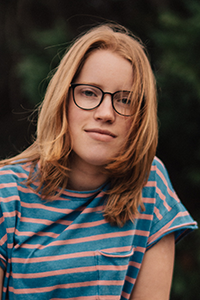
Rachael Shields
Rachael Shields
Rachael is a Ph.D. student in the department of Design Studies within the School of Human Ecology, as well as a licensed landscape architect and drone pilot. Rachael’s
research explores how environmental novelty enhances cognitive well-being and improves quality of life for older adults, a concept she embraces personally by seeking out unique foods and new experiences.
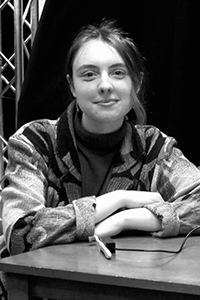
Anne Stoner
Anne Stoner
Anne is a sonic artist, ethnographer, and writer exploring sound studies and social practice. Her interdisciplinary work integrates disability studies, human geography, psychogeography, queer anthropology, and ethnographic archiving. Through an empathetic methodology, she challenges visual norms in twenty-first-century artmaking, reimagining technology, human movement, and routine. Anne is working on her Masters of Fine Art in Studio Art here at UW–Madison.
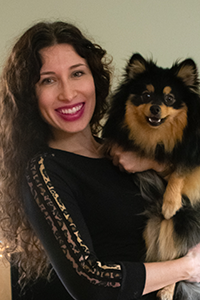
Daria Tennikova
Daria Tennikova
Daria, an American musical artist of Russian descent, explores the duality of human nature through her compositions. Inspired by the war in Ukraine and global politics, her music contrasts suffering and violence with innocence and empathy. She is currently a dissertator in Composition with a minor in Piano Performance at UW-Madison.
Scientists
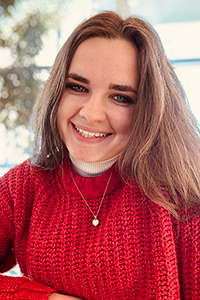
Noelle Cataldo
Noelle Cataldo
As a Ph.D. student in Molecular and Cellular Pharmacology, Noelle is driven by a fascination with the brain’s mysteries. Her research focuses on the therapeutic potential of psychedelics like psilocybin and ketamine for mental illness, with an interest in understanding their biological pathways in anxiety, depression, and substance use disorder treatments.
Beyond the lab, Noelle is a competitive Irish dancer with Trinity Academy and UW–Madison’s Sláinte Irish dance team. A passionate artist, she once considered studying art instead of science and still enjoys drawing in her free time.
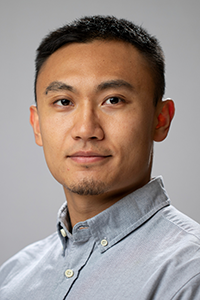
Siyuan Feng
Siyuan Feng
Originally from southwestern China, Siyuan studies how organisms adapt to new environments, with a focus on gene regulation and evolutionary change. In his fourth year of his Ph.D. studies in Genetics, he explores the genetic factors that shape adaptation over time. Beyond research, Siyuan explores his creativity through music, playing and listening to classical and jazz.

Amy Koike
Amy Koike
Amy is a Ph.D. student in Computer Science researching robotic expressivity, with a focus on how physical design enhances communication. With a background in graphic and mechanical design and human-robot interaction, she explores the role of embodied social cues in robotics. Her creativity extends beyond robotics into art, where she enjoys creating illustrations, abstract paintings, and photography.
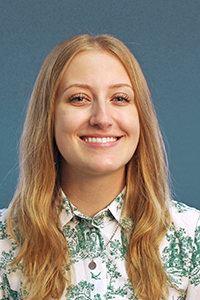
Ashley McCullough
Ashley McCullough
Ashley is a Ph.D. candidate in chemical engineering studying how the chemical and power sectors can drive sustainable and equitable energy economies. Her research focuses on multi-scale modeling and co-optimization of emerging energy technologies for decarbonization in dynamic power markets. She has also developed algorithms for renewable-energy site selection and sustainable community development. Outside of research, Ashley enjoys hiking, fashion, and creating 2-D art inspired by Madison’s landscapes.


